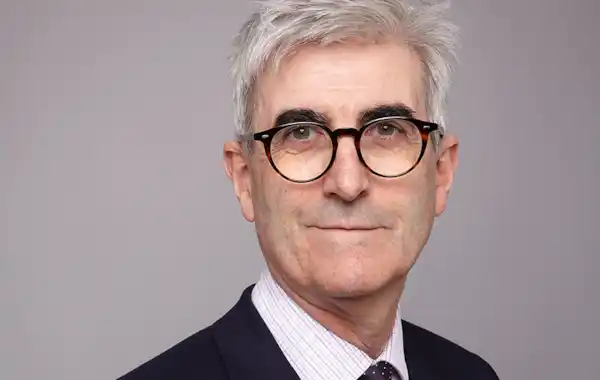24 June 2025
|
The Building Engineering Services Association (BESA) has suspended 14 member companies for failing to comply with its independent audit process.
The association’s Council, whose members are responsible for BESA’s governance and ensuring that it continues to meet the vision and values of its founders, stated that it was taking “robust action” in the interests of the whole building engineering sector and its clients.
The 14 companies, who have not been named, area said to have failed to reach the standard required to meet BESA’s Competence Assessment Standard (CAS) which covers business practices, financial solvency, insurance, health & safety, and technical proficiency. It is also aligned with the industry benchmark provided by the Build UK Common Assessment Standard. Firms applying to join BESA or remain in membership must meet the standard.
Chief Executive Officer David Frise said: “BESA has never been afraid to robustly defend its remit and constitution. We do not suspend members lightly but take our wider responsibilities to the industry and its ultimate clients – building occupants – extremely seriously.
“Last week’s Grenfell: Uncovered documentary on Netflix was a timely reminder of why we must do everything we can to maintain the highest possible standards. It should remind us that every decision we make has a consequence – whether in the short-term or much further down the road for the people who inhabit buildings. The country should be able to depend on its building services industry to deliver work to the highest possible standards.”
The BESA audit, which is carried out by a UKAS-accredited independent part of the BESA group, asks prospective and existing members if they have all the skills necessary to deliver quality, safe work. It includes an on-site technical audit based on check lists linked to latest technical standards so clients, main contractors and the public can have confidence when appointing a BESA member firm.
“We have never been afraid to suspend members who don’t meet our standards,” added Frise. “It is always a last resort as we would much rather work with companies to help them improve, but when it is clear that is not possible, we have demonstrated that we will take the ultimate sanction.”








